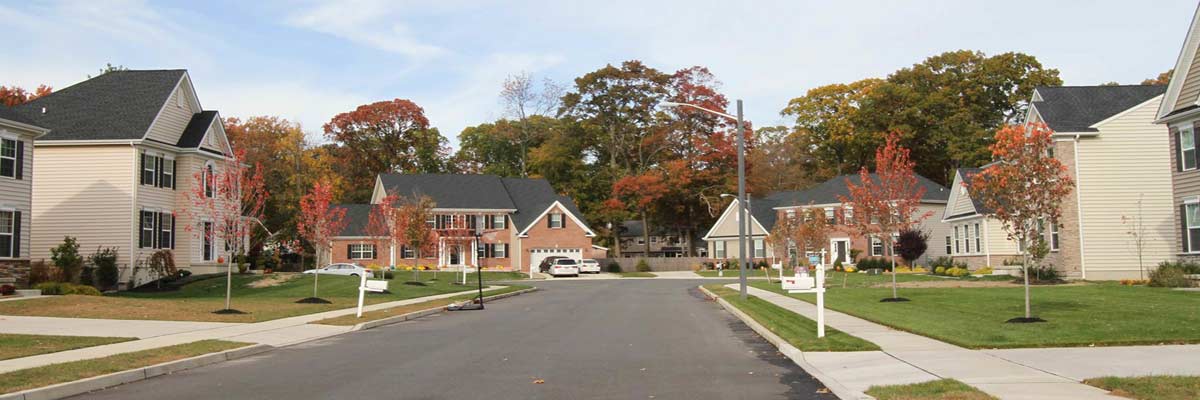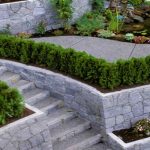The Sustainable Suburbs: Self-Sufficiency
Another in our series from Wendy. This one is about being self sufficient on a small plot, and if you really need to be.
************************************************************************************************
Someone told me recently that I could never be self-sufficient on my quarter acre suburban lot here in southern Maine. I don’t have enough land, and I can’t build a greenhouse.
Maybe. Maybe she’s right. But just maybe ….
My hero, Dolly Freed, lived on a 1/2 acre 40 miles from Philadelphia. She and her father weren’t “self-sufficient”, in that they did depend on outside sources for electricity, water, some food items, and clothing.
The folks at Path To Freedom aren’t self-sufficient, either. They buy bulk grains for themselves, feed for their livestock, clothing, and toiletry item ingredients (they make their own, but don’t produce the ingredients on their land).
Both of those examples are people who have very little land, compared to, say the settlers in the late 1890s, who were given 160 acres, but both of those examples are also people who live with very few “modern” conveniences on very small pieces of land with very small sums of money. In fact, their incomes likely fall well below what is considered the Federal Poverty level, and by our money-centric standards should be living in squalor.
If you think so, please do spend some time at the Urban Homestead. It’s anything but squalor. They even have a televsion, although I don’t believe they watch it very often, and they, obviously, have an Internet connection. While you’re at it, you should also, really, try to find a copy of Possum Living. It’s amazing what can be done, and how little cash one actually needs to live a very fulfilling life.
We watched the PBS series Frontier House recently. If it is really true to life in the 1890s, true homesteaders were not self-sufficient either. They visited a country store ten miles away, where they picked up various canned goods (yes, they did!), cloth, dry goods (white flour, sugar, tea, feed for the animals), lamp oil, etc.
I realized that fact, last night, after I tried to write a commentary on money (it’s here, it’s just long and rambling, and needs a little tweaking, but probably isn’t really appropriate to the theme of my blog, anyway, although I do quote Thoreau, which is very interesting ![]() . If self-sufficient means one provides for ALL of one’s needs, even those people who lived on large acreages in the 1890s, weren’t self-sufficient. In fact, people who live on large acreages today aren’t self-sufficient, either.
. If self-sufficient means one provides for ALL of one’s needs, even those people who lived on large acreages in the 1890s, weren’t self-sufficient. In fact, people who live on large acreages today aren’t self-sufficient, either.
So, I wondered, what does that mean? What is self-sufficiency? And if I couldn’t have it in 1890 on 160 acres of good, fertile Montana farm land, then how in the world can I hope to have even a semblance of it today, on a quarter-acre, in suburban southern Maine?
I needed a definition, and so, being the modern, Internet-savvy woman I am, I googled it.
Self-sufficiency refers to the state of not requiring any outside aid, support, or (in hardline cases) interaction, for survival.
Well, there ya go. Based on that definition NO ONE in modern America is self-sufficient. We ALL depend on something outside of what we can personally grow, produce, or manufacture.
Every.Single.One.of.Us.
By that definition, even the Chinese peasants, who use only 10% of what we Americans gobble up in natural resources, aren’t self-sufficient.
By that definition, no person on Earth is.
The closest example of self-sufficient I’ve ever seen, other than the Native Americans, who are, no longer, self-sufficient, either, is Chris McCandless who self-sufficient himself to death in Alaska (not the “Alaskan Wilderness”, though, because he was still well within walking distance of “civilization”).
So, where are we? No one is self-sufficient. No one. So, where does that leave my dreams of being a self-sufficient, suburban homesteader?
Thank you, Wikipedia, for this additional definition:
The term ‘post-modern self-sufficiency’ or ‘escape capitalism’ refers to a mode of life that seeks to exist outside industrialized non-agrarian ‘western’ norms. This mode of life-style is usually seen as alternative because it seeks to … greatly reduce the reliance on a capitalistic structure i.e. wage labor.
This is what I’m striving for with my goals of being self-sufficient.
It is the definition of self-sufficiency Dolly Freed exemplified in the 1970s.
It is the definition of self-sufficiency the Dervaes family uses today.
I’m not going to walk off into the woods with just the clothes on my back and “live off the land”, but I do wish to remove myself, as much as possible, from the money-economy and a life-long pursuit of the Almighty Dollar.
I do wish to not have a mortgage or a credit card or a student loan payment, and I wish to be pursuing those things that bring meaning to my life – things that do not have a monetary value, things that can not be quantified by dollar signs, things that the MasterCard commercial says are “priceless.”
That’s what the Montana homesteaders hoped to find on the frontier.
That’s what Chris McCandless struggled and died for in Alaska.
That’s what Dolly Freed talks about in her book.
And that’s what the Dervaes family is living in their California suburb.
It may very well not be possible for me to grow or produce very single thing my family needs on my quarter acre, but that’s not my goal. My goal is to live with a tiny fraction of the cash most Americans believe is essential for a good life, while still maintaining the standard of living we have come to enjoy.
Maybe we’ll be a little more chilly than most folks during the winter.
Maybe it will take me a little longer to make a peanut butter and jelly sandwich, because I have to bake bread and make jam and grind peanuts into butter.
Maybe all of our “canned foods” will actually be in jars instead of aluminum cans, and not come from a grocery store.
Maybe I’ll trade in my SUV for an SUB or one of these.
In their book, Your Money or Your Life, Dominguez and Robin talk about life energy, and how the pursuit of money actually sucks that energy right from us. I wish to live deep and suck out all the marrow of life, like Henry David Thoreau describes in his essay Walden, not have my life sucked out of me, because I succumbed to the pressure of wanting “more”, and decided that my life was worth only the amount of money I had in the bank.
I do want more, but not MORE STUFF. I want more life.
Living with less money will give me more life, which is why I know that being a suburban homesteader on a quarter acre in southern Maine is possible, and I can be self-sufficient, even here, even with only a 1/4 of an acre.






